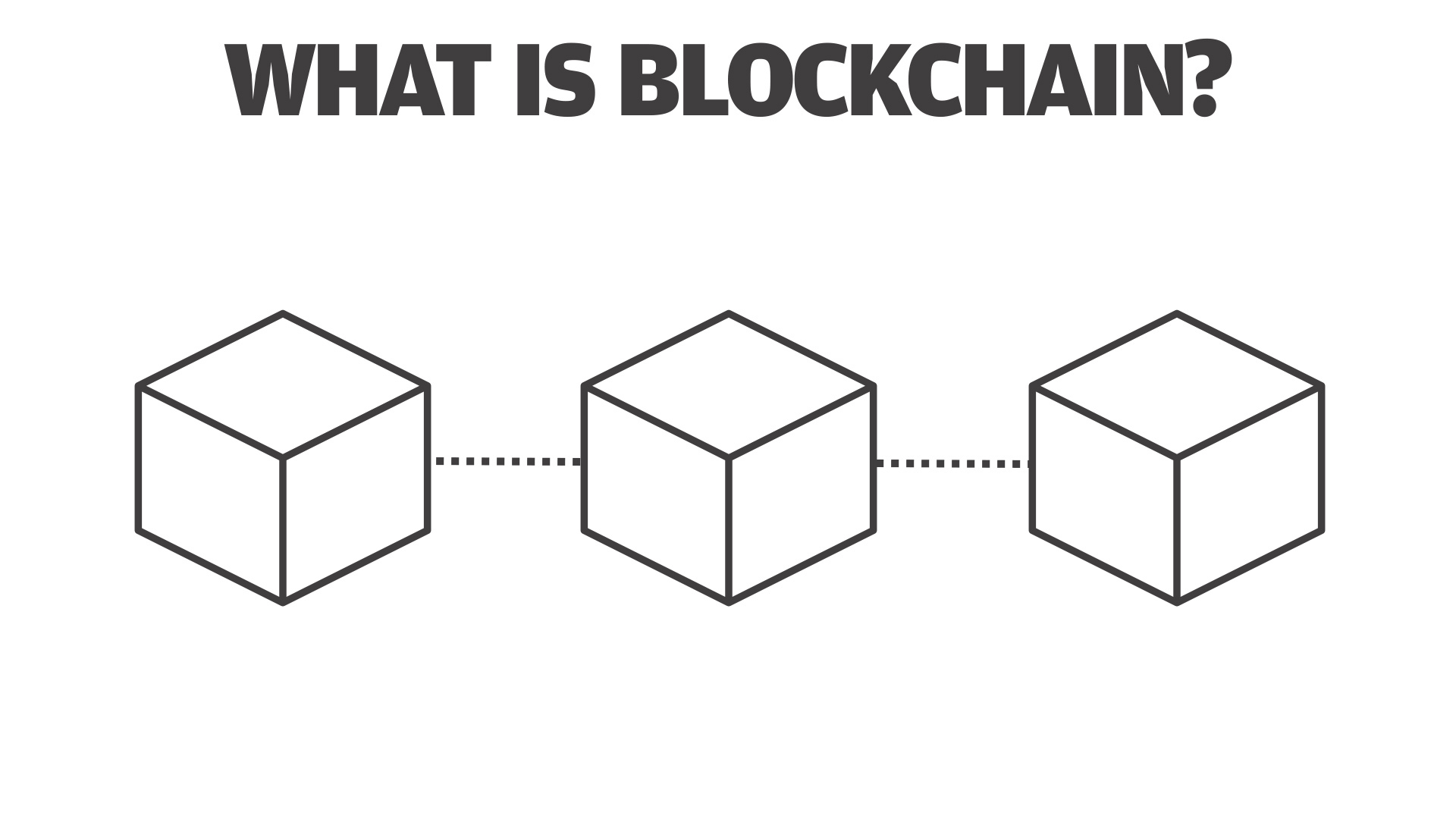Securing Smart Manufacturing with Connected Threat Defense

By David Tay, the CIO of Beyonics
You’d be hard pushed to find any organization today not involved in digital transformation projects. But the manufacturing sector was arguably one of the first to the game. Back in 2011, the German government first coined the term Industry 4.0 to describe the opportunities stemming from use of emerging technologies like cloud, IoT, big data, AI and robotics.
Yet security has always been a major challenge to such projects. In a smart factory environment, the operational technology (OT) — such as the IoT devices, connected systems, and human-machine interfaces (HMIs) used for manufacturing and production — is tightly integrated with traditional IT systems like cloud platforms. This is a problem because although IT security has achieved a certain degree of maturity, the same can’t be said of OT. Thanks to their connectivity, these systems become vulnerable to cross-pollinated cyber threats.
As we’ve found at Beyonics, the answer is to build tightly integrated, layered security across endpoints, networks and servers — with each component sharing threat intelligence to make the whole more secure.
The risks to high-precision manufacturing
Founded in 1981, Beyonics has been a leader in precision-engineered manufacturing for almost four decades. It offers complex integrated manufacturing services such as precision metal stamping, innovative mold design and fabrication capabilities, precision plastic injection molding, aluminum die casting and machining, and electronics sub-assembly.
Operating seven factories in Malaysia, Thailand, China, and Singapore — a total of 1.4 million square feet of manufacturing floor — we’re constantly on the lookout for leading cybersecurity technologies to integrate into and protect our operations.
Precision manufacturing is at the mercy of cyber-attacks. Deliberate data corruption could cause components to be produced with a deviation of a few microns. This might be totally invisible to the naked eye, but when you’re dealing in measurements of a thousandth of an inch, even the slightest change can result in faulty products. When deployed in applications like vehicles and medical devices, the consequences could be life-threatening.
There are also risks related to the manufacturing environment itself. If industrial control systems are hacked, production processes may be hit which could also result in workplace injuries. Just consider heavy duty equipment like the 200-ton aluminum die castings we operate, handling molten aluminum at 800 degrees. That’s not something you want being remotely controlled by hackers.
The power of Connected Threat Defense
Yet this is just the tip of the iceberg. As Beyonics increasingly adopts Industry 4.0 best practices, we also need to be aware of the cyber risks that can stem from interconnected OT and IT systems. We’ve already deployed IoT devices to monitor and measure various metrics on the manufacturing floor, such as cycle time, movements, and production rates. These could become an attractive, internet-connected target to attackers.
That’s why we’ve taken a comprehensive, layered cybersecurity approach covering all aspects of the business.
First, we sandboxed our wireless network into four zones: one for corporate operations; one for BYOD devices; one for guests; and one for any IoT devices deployed in the manufacturing environment. Next, we made sure our security solutions are integrated with one another. Previously we had separate point solutions covering endpoint protection, system protection, and firewalls. But siloes between these separate elements can lead to dangerous gaps in protection.
That’s why we’ve deployed an ecosystem of integrated cybersecurity solutions, covering endpoints and networks — which are almost always the initial malware entry points — as well as our server infrastructure. Specifically, we put in place a dual firewall configuration with two different products and layered on top a suite of Trend Micro solutions, including the network-layer Trend Micro™ Deep Discovery™ Inspector, server product Trend Micro™ Deep Security™, and OfficeScan XG for endpoint security.
More importantly, we set up these Trend Micro solutions to “talk” to each other and our firewall. This has created Connected Threat Defense: providing 360-degree protection, so that if a threat is detection and blocked at one layer, alerts and protective actions will be shared throughout.
Getting board-level buy-in
To create effective cybersecurity, it’s also vital to have sponsorship from senior levels. We’re lucky at Beyonics to have a C-suite very much aware of the cyber risks we’re faced with as a manufacturer expanding into Industry 4.0. We often discuss security during management workshops and meetings, ensuring the management team is kept abreast of any developments and that cybersecurity and business processes are aligned.
With management’s support, we’re also working with practitioners from tertiary institutions to provide both academic and hands-on training to our employees. Tools and technology are vital to good security, but so too are people, and our staff need to know they play a crucial role in our cyber defenses.
Looking ahead
As Industry 4.0 accelerates, the manufacturing sector needs to focus on two areas.
Firstly, organizations need to be proactive in dealing with cybersecurity — to strengthen their defenses in anticipation of attack. They cannot afford to be reactive.
Secondly, OT and IoT will open up new avenues for attacks, and they could have life-threatening repercussions in the physical world. Therefore, we need to approach OT and IoT security with the same — if not higher — level of urgency as we do IT.
If we don’t, then there could be some major bumps in the road ahead for manufacturers. As Stephane Nappo said: “It takes 20 years to build a reputation and few minutes of cyber-incident to ruin it.”
Read More HERE



